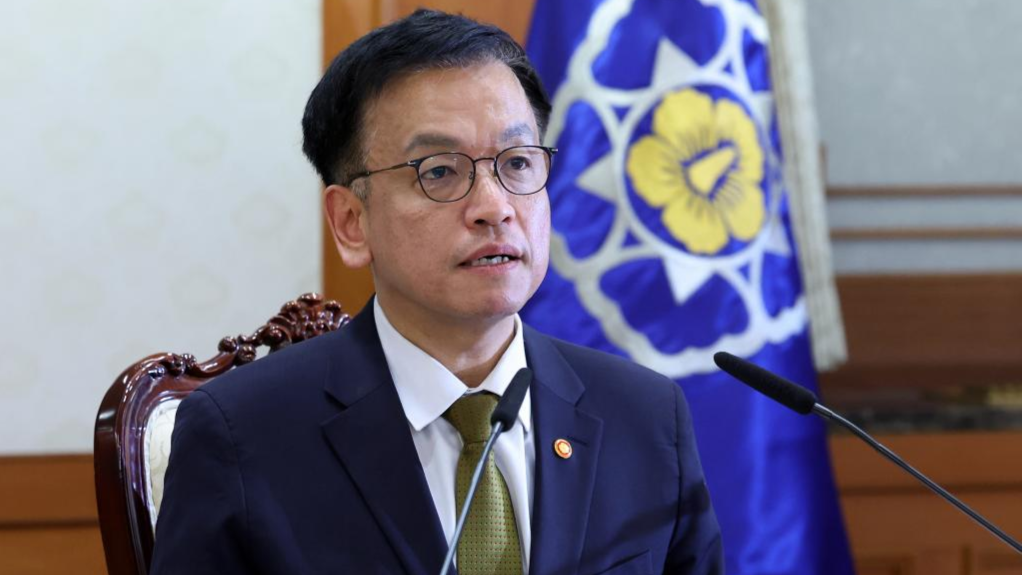
SEOUL - South Korea on Monday announced plans to secure 10,000 high-performance graphics processing units (GPUs) within this year in a bid to keep pace as the global AI race escalates.
"As competition for dominance in the AI industry intensifies, the competitive landscape is shifting from battles between companies to a full-scale rivalry between national innovation ecosystems," South Korea's acting President Choi Sang-mok said in a statement.
Choi said that the government aims to secure the 10,000 GPUs through public-private cooperation to help the country launch services at its national AI computing center early.
Last month, the US government announced a new regulation aimed at regulating the flow of American AI chips and technology needed for the most advanced AI applications.
The rule restricts the export of GPUs, specialized processors originally created to accelerate graphics rendering.
ALSO READ: South Korea to invest $7 billion in AI in bid to retain edge in chips
The number of GPUs needed for an AI model depends on how advanced the GPU is, how much data is being used to train the model, the size of the model itself and the time the developer wants to spend training it.
The regulation divides the world into tiers, with South Korea among about 18 countries essentially exempt from the restrictions, while 120 other countries will face caps.
The South Korean government has not yet decided what GPU products to purchase, but details such as budget, GPU models and participating private companies would be finalized by September this year, an official from the Ministry of Science and ICT (information and communications technology) told Reuters.
READ MORE: US, South Korea agree to boost cooperation in chips, EVs
US chip designer Nvidia, which has seen soaring demand from customers involved in generative AI and accelerated computing for its chips, commands about an 80 percent share of the global GPU market, far ahead of rivals Intel and AMD.
Meanwhile, Microsoft-backed OpenAI is pushing ahead with its plan to reduce its reliance on Nvidia, Reuters reported last week, for its chip supply by developing its first generation of in-house AI silicon. OpenAI's popular chatbot ChatGPT is trained and improved on tens of thousands of GPUs.



